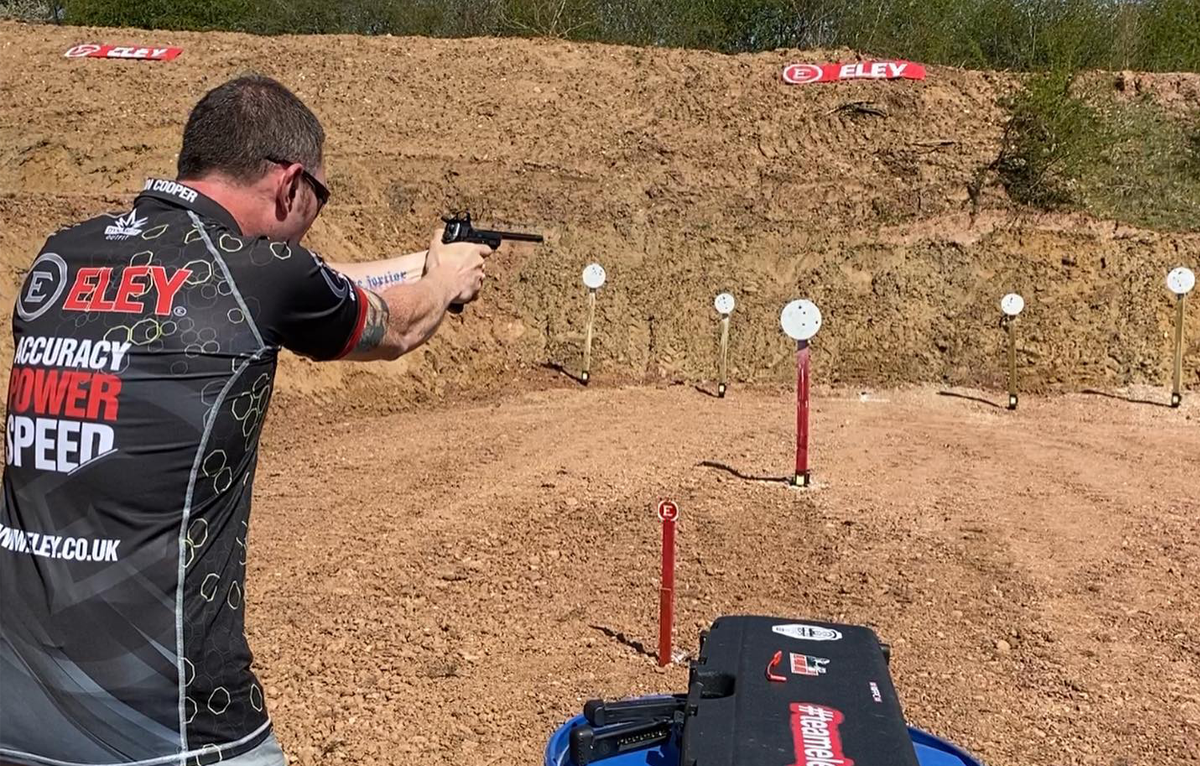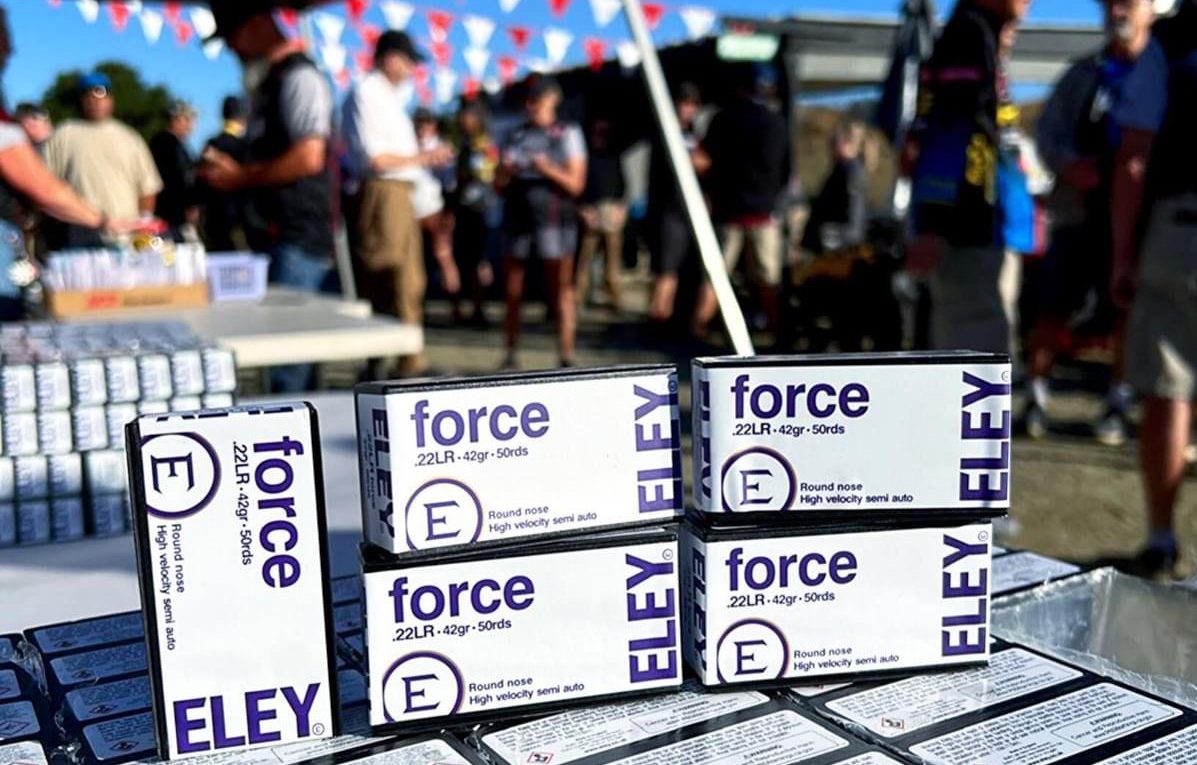With the Olympic Games in Tokyo on the horizon, it is a time where all eyes descend on a spectacle that only comes around every four years, in this case 5!
With an array of diverse sports on offer to watch over a two-week period, you may begin to feel inspired by the camaraderie of the games, alongside new sports that you have never been interested in or noticed before.
ELEY sponsored athletes have won 125 Olympic medals in the shooting discipline(s) and have encouraged many generations to take up the sport. There are hundreds of shooting clubs and local events across the United Kingdom and if want to get involved, check out this quick introduction to shooting sports and how you can do so.
Shooting is a sport that requires physical as well as psychological conditioning, patience is key. Technical precision is a craft that takes years to perfect. Unlike many other sports, shooting offers a unique aspect that is open to people of all ages. With shooting sports involving equipment such as guns and ammunition, there can be a stigma that demotes that positive elements the sport can offer, not just as a professional athlete, but more importantly as a hobby and local level shooter.
The many benefits include:
- Improves concentration and hand-eye co-ordination.
- All generations, of all abilities can equally enjoy the sport comfortably.
- A diverse range of discipline’s available to suit your interests.
- Social engagement and interaction.
ELEY’s Test Range and International Marketing Manager Martyn Buttery started shooting at 8 years old and said that ‘my grandfather taught me air rifle skills. I would say that shooting has a real diversity about it, no age, gender or ability limits, it truly is a sport for all. I don’t say disability, as I’d rather focus on ability, although Rugeley Rifle Club in Birmingham is a British Shooting Disability Hub Club’.
Currently, there are 15 Olympic shooting events that are divided into three main categories:
- Shotgun: A shotgun is a long-barrelled firearm for firing shots at short ranges.
- Rifle: A long-barrelled firearm designed for accurate shooting.
- Pistol: A small firearm/handgun, designed to be held in one hand.
Shotgun events shoot clay targets propelled in varies locations and angles whereas rifle and pistol events are held on shooting ranges with competitors aiming at targets from set distances, 10m to 300m.
All athletes had to start somewhere. A beginner will mostly start their career shooting with air rifles.
The key advantages of this:
- Under 18’s have the ability to use them whilst being are supervised by an adult.
- In comparison to other shooting disciplines, it is affordable with many clubs located across the country offering facilities in a safe, controlled environment to learn.
- You can learn how to control the gun safely as it can be placed on a bench (Benchrest), therefore you study how to aim and how to set up efficiently.
During your first few sessions, you could encounter some bruising or soreness in areas you have not have experienced in the past. Ensure you listen to your instructor correct to make sure the gun is mounted correctly and equipment / clothing is suitable. The soreness will improve overtime with repetition and the muscles will start to react positively to the training. Other options available for novices are also clay pigeon shooting and hunting, which plays a huge role in conservation of wildlife.
Certificates.
Across the world, licenses/certificates work differently for shooting and ammunition. Within the UK the laws are as follows.
To apply for a firearms certificate, individuals will have to apply through Government / Police.
Each application is dealt with on an individual basis and timescales to receive confirmation can vary. It may take up to 4 months depending on any circumstances such as medical issues or convictions.
It is also advised to take out shooting insurance from companies such as BASC and SACS.
To find ranges and facilities close to you, search ‘shooting ranges near me’ and contact your local clubs.
Other helpful links.
To find out more, please visit:





